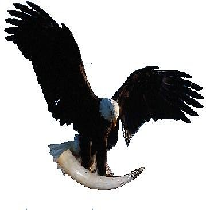Calendar Ndi Igbo
This site show cases the unique features of the culture and calendar of the Igbo tribe in eastern Nigeria.| EKE | ORIE | AFO | NKWO |
|---|

The Book
The Igbo Calendar from A.D. 0001 to A.D. 8064: With a comparative examination of the Gregorian and other world Calendars.
Written by H.R.H. Eze Silver Ibenye Ugbala, Eze Ugo III of Okporo, Imo State, Nigeria.
This book presents a comparative analysis of the Igbo calendar in relation to the Gregorian calendar and other world calendars. It gives insight into the origin of Igbo calendar dealing with the origin of the four Igbo market days (EKE, ORIE, AFO, and NKWO). It portrays the calendar as 112 Reference Charts from AD 0001 to AD 8064 with each reference chart showing 72 related years with identical Igbo market days and Gregorian week days which co-jointly repeat every 112 years.
“Igbo Calendar from A.D. 0001 to A.D. 8064: With a comparative examination of the Gregorian and other world calendars”
The book not only lays out the origin and immutability of the Igbo calendar, but also presents a comparative analysis of the Igbo calendar in relation to the Gregorian calendar and other world calendars.

